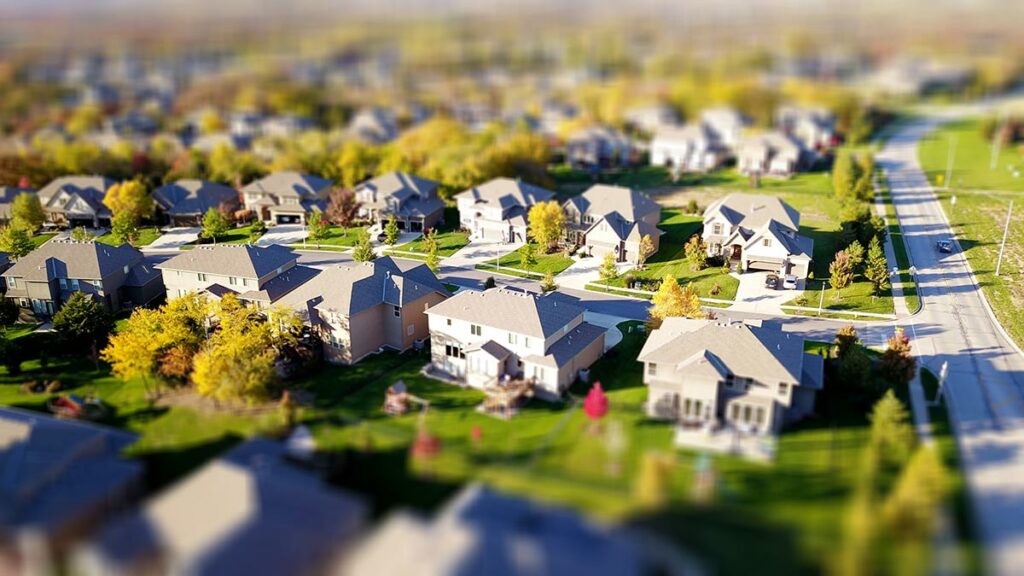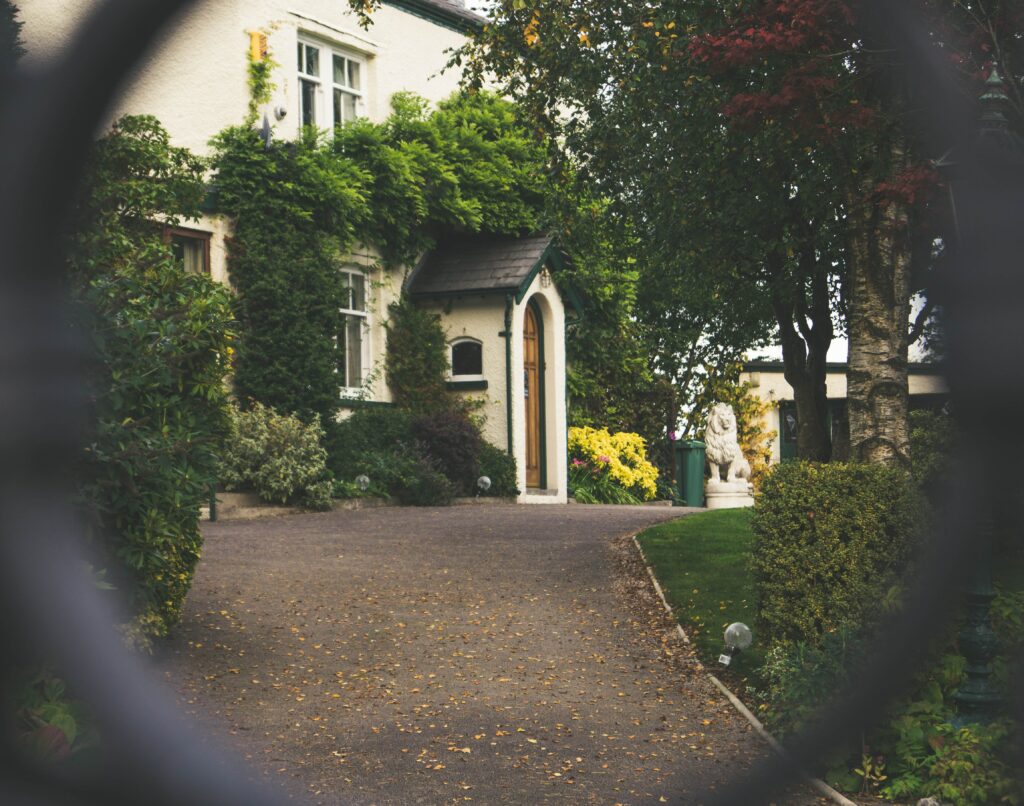The real estate landscape constantly evolves as new technologies emerge and global economies shift. In recent years, many trends, such as improved accessibility of property data, the rise of technology-based home-buying apps, and an increase in virtual viewings, have disrupted the traditional ways of buying and selling properties. As a result, it’s becoming increasingly difficult for buyers and sellers to keep pace with these changes. In this blog post, we’ll take a closer look at how the real estate market has been impacted by technological advancements over the past few years – from changes in inventory to shifting offline and online strategies that brands must stay up-to-date with if they want to remain competitive.

Overview Of The Current Real Estate Market And How The Pandemic has impacted it
The real estate market has always been dynamic, but the COVID-19 pandemic has introduced unprecedented changes that have reshaped how things work. This pandemic has undoubtedly impacted the real estate market, causing tremendous shifts in market trends. While some homebuyers shy away from making significant purchases out of fear of the uncertain economic future, others have decided to take advantage of the low mortgage interest rates and invest in properties.
The current real estate market remains uncertain, and the pandemic has undoubtedly impacted this industry. However, there are still opportunities for both buyers and sellers to make informed decisions.
Rise In Virtual Tours And Digital Marketing Of Homes For Sale
In today’s fast-paced world, people always look for new and innovative ways to make their lives easier. Virtual tours and digital marketing have emerged as powerful tools for shopping for a new home that can save time and resources. With just a few clicks, prospective buyers can now easily navigate a property and see what it looks like from every angle.
This has revolutionized the buying process and opened up new opportunities for real estate professionals to showcase their offerings to a broader audience. Thanks to virtual tours and digital marketing, the dream of owning a home has become more accessible and attainable for people across the globe.
Shift In Demand For Larger, Suburban Properties Versus Urban Dwellings
In recent years, the real estate landscape has seen a significant shift in the demand for larger, suburban properties versus urban dwellings. With the ongoing pandemic and the shift towards remote work, more people are flocking to the suburbs in search of spacious homes with backyards and additional living spaces.
This newfound appreciation for suburban living is creating a surge in demand for more significant properties while urban areas are experiencing a decline. The trend is essential, and it’s not just the pandemic causing it; it’s also a statement of personal preference and a change in lifestyle for many individuals. The shift towards suburban living has many implications; only time will tell what other changes may result.
Expansion Of Remote Work Trends Creating A Need For More Home-Working Friendly Environments
As the world becomes more interconnected, the trend toward remote work is rapidly expanding. As more people opt to work from home, the need for home-working-friendly environments becomes more pressing. After all, traditional offices are structured for concentration and productivity – not necessarily comfort.
Fortunately, there are numerous steps you can take to create a more comfortable and productive environment for remote work. From the proper lighting to comfortable chairs and well-placed desks, creating the perfect home office is within reach for anyone willing to put in the time and effort. With many of us already working from home or preparing to do so more regularly, creating an enjoyable and effective work environment is now more critical than ever.
Growing Preference For Second-Home Purchases As More People Move Away From City Centres
As the world changes, so do our living preferences. It’s not just about the size of the home or the neighborhood anymore; it’s about finding a place that fits our lifestyle. More and more people are discovering the benefits of owning a second home in a secluded area, away from the hustle and bustle of city life.
Reconnecting with nature and enjoying the quiet of the countryside is becoming increasingly popular. With advances in technology making remote work more accessible, having a second home and maintaining a career is easier than ever. So why not escape the stresses of the city and invest in a second home that can provide a much-needed retreat?
Increased Focus On Sustainability And Energy Efficiency When Shopping For Housing
As society becomes more aware of the effects of climate change and environmental degradation, many people prioritize sustainability in all aspects of their lives, including when shopping for housing. From energy-efficient appliances to solar-powered homes, buyers are increasingly looking for options that will benefit the planet and save them money on utility bills in the long run.
The focus on sustainability has also led to a rise in demand for eco-friendly materials and construction practices. In today’s world, finding a home that meets both practical and ethical standards is becoming as important as finding one that meets personal preferences in location and style.
Final Thoughts
The pandemic has drastically changed the real estate market, transforming it from a primarily in-person process to a heavily reliant on virtual tours and digital marketing. While we are still uncertain what more changes the future might bring, this recent shift in trends will likely impact how buyers shop for houses in the coming years. Ultimately, it is clear that real estate agents need to meticulously consider how they can best cater to changing consumer needs to stay competitive.




